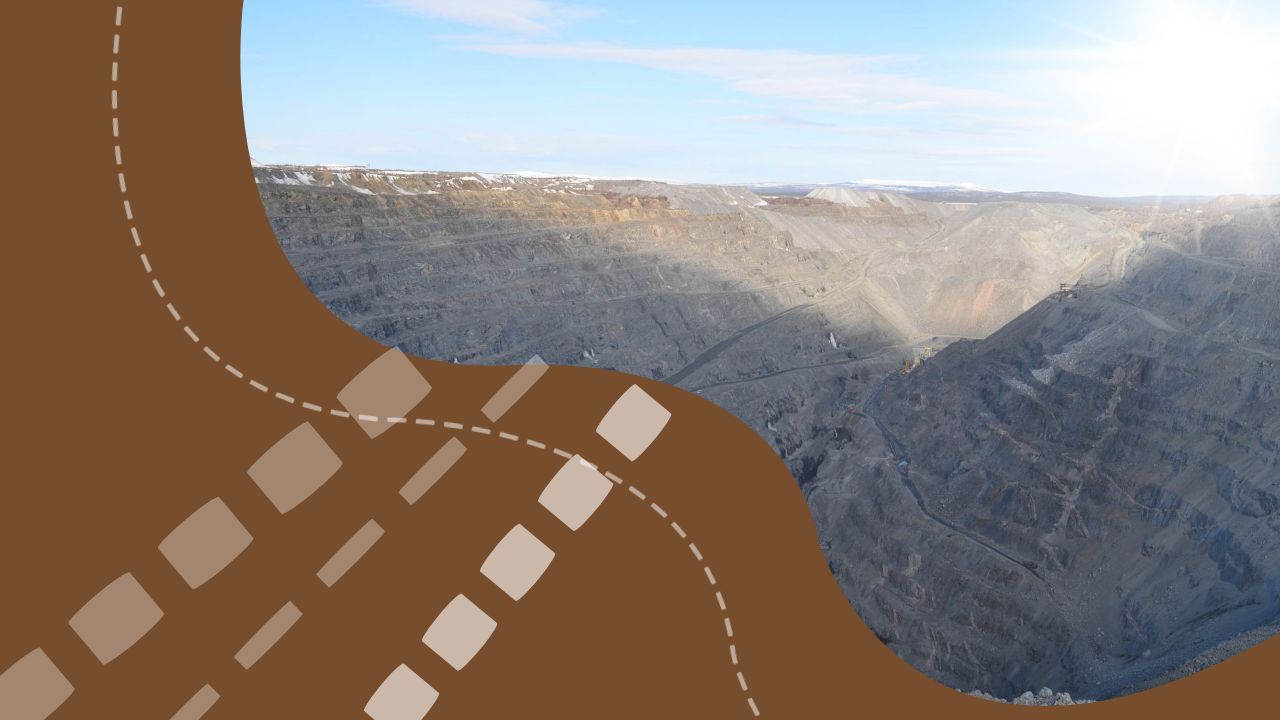Norway has announced the offering of large areas in the Arctic region for its inaugural seabed mineral licensing round, aiming to award exploration permits by the first half of 2025, according to the country’s energy ministry. This initiative could make Norway the first country in the world to commence commercial deep-sea mining, targeting the extraction of minerals essential for solar panels, wind turbines, and electric car batteries needed for the green transition away from fossil fuels.
“The world needs minerals for the green transition, and the government wants to explore if it is possible to extract seabed minerals in a sustainable manner from the Norwegian continental shelf,” stated Energy Minister Terje Aasland.
Preliminary official resource estimates indicate substantial accumulations of metals and minerals, including copper and rare earth elements. In January, the Norwegian parliament approved opening approximately 280,000 km² of ocean areas between Jan Mayen island and the Svalbard archipelago for seabed mineral exploration. The 386 blocks proposed on Wednesday cover about 38% of the total area opened by parliament, selected based on industry input, the energy ministry said.
Despite the government’s ambitions, seabed mining has drawn criticism from environmentalists concerned about potential disruptions to one of the last relatively pristine natural environments. Organizations like WWF and Greenpeace have expressed significant concerns, challenging Norway’s plans in court and warning about the potential impact on fragile ecosystems. WWF condemned the proposal, calling it a substantial blow to Norway’s reputation as a responsible steward of the oceans. Greenpeace labeled the proposed area as “shockingly large,” citing previous scientific warnings.
Internationally, Norway’s seabed mineral exploration plans face opposition from several countries, including France, which has advocated for a global moratorium to better understand the impact on deep-sea organisms. The Council of the European Union also voiced concerns, emphasizing the need for thorough impact assessments.
The Norwegian government has assured that the initial exploration stage will have minimal impact on seabed organisms and stated that companies will need separate consents before any production can commence.


